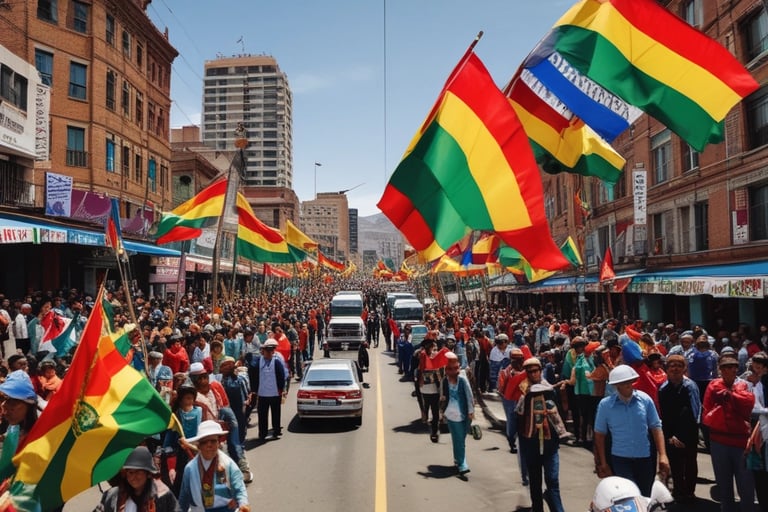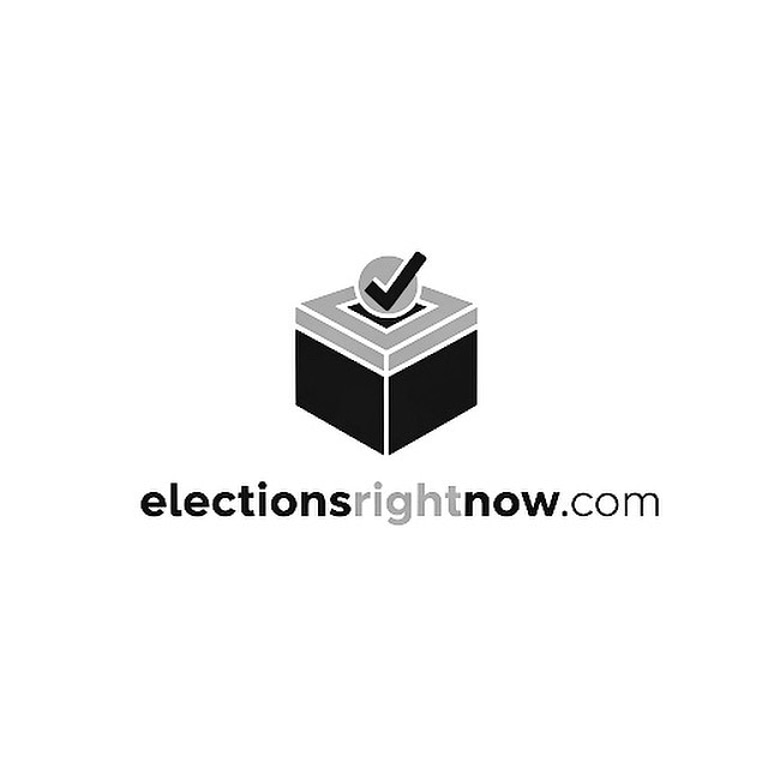Elections Right Now
Your Global Election Tracker.
Join our mailing list for updates and analyses on future elections.
Bolivia presidential election
Bolivia presidential election and its first round on 17 August 2025 became the exit for long in power MAS socialist party and the end of the Evo Morales moment.
Editor
8/20/20253 min read
Bolivia’s August 17 presidential vote delivered a stunning blow to two decades of leftist rule by the Movement for Socialism (MAS). Centrist Rodrigo Paz and right-wing former president Jorge “Tuto” Quiroga emerged as runoff contenders, signaling an unprecedented shift away from Evo Morales’ long-standing dominance.
The Unexpected Leaders: Paz and Quiroga
Rodrigo Paz, of the Christian Democratic Party (PDC), shocked the nation by grabbing 32.8% of votes — soaring from under 10% in pre-election polls. Former president Jorge “Tuto” Quiroga followed with 26.4%. With no candidate surpassing the 50% threshold or achieving a 40% vote with a 10-point lead, Bolivia now faces its first presidential runoff on October 19, 2025. The winner will take office on November 8 for a five-year term.
The Stunning Fall of MAS
The real surprise is the catastrophic collapse and division of MAS. Official MAS candidate Eduardo del Castillo finished a distant sixth with just 3.2% of the vote. Another leftist faction leader, Senate president Andrinico Rodriguez, earned only 8%. MAS's support cratered from a commanding 68% in La Paz in 2020 to a mere 4% in 2025 — one of the sharpest political falls in modern Latin America.
Behind the political upheaval lies a battered economy. Record inflation, shortages of essentials, and economic uncertainty eroded MAS’s support base, driving voters to seek new leadership promising stability and reform.
Centrist and Right-wing duel in October
Bolivia’s political future hangs in the balance. The October runoff will pit moderate centrist Paz, son of former President Jaime Paz Zamora, against right-wing veteran Quiroga, who previously served as interim president and vice president. Nearly 7.9 million voters will decide if Bolivia steers towards the political center or a firm right turn — ending two decades of socialist governance.
Bolivia’s election upheaval signals a dramatic realignment in South America's turbulent politics, with ripple effects across the region as nations confront similar economic struggles and ideological shifts. The world will closely watch as Bolivia charts a new course.
Match over for Morales movement
Since Evo Morales first took office in 2006, MAS established a leftist platform focused on indigenous rights, resource nationalism, and social programs that lifted millions out of poverty. However, the party’s dominance grew increasingly fragile amid allegations of corruption, authoritarian tendencies, and economic challenges. This explains why the shock collapse of MAS in August 2025 not only reflects voter frustration but also marks a pivotal moment in Bolivia’s political evolution — the end of the defining chapter of MAS and Morales.
Rodrigo Paz, the surprise centrist frontrunner, brings a moderate and diplomatic approach to Bolivian politics, influenced by his father Jaime Paz Zamora’s presidency in the 1980s. His appeal lies in his promise to stabilize the economy while promoting social inclusion. Jorge “Tuto” Quiroga, by contrast, represents Bolivia’s traditional right wing, with a long political career including stints as vice president and interim president. Both candidates present starkly different visions for Bolivia’s future, making the October runoff a clear ideological choice for voters.
The 2025 election results can’t be separated from the dire economic context facing Bolivia. Inflation recently hit record highs, drastically reducing purchasing power, while shortages of basic goods created daily hardship for millions. These crises intensified public dissatisfaction with the ruling MAS party, historically synonymous with economic stewardship. Detailed economic reports highlight how these conditions motivated voters to abandon longstanding loyalties in search of pragmatic solutions. The election thus functions not just as a political referendum but an urgent call for economic revival.
Political analysts warn that whichever candidate wins in October will face major challenges: rebuilding a fractured economy, restoring public trust, and managing Bolivia’s complex social dynamics. A Rodrigo Paz victory could lead to centrism with cautious reforms and international engagement. In contrast, a Jorge Quiroga presidency might push a more market-friendly agenda, potentially aligning Bolivia closer to conservative regional governments. Experts also debate risks such as political polarization and stability in this deeply divided nation. Their forecasts provide valuable insight into the stakes and scenarios awaiting the new leadership.


Contacts
Socials
Subscribe to our newsletter
About us:
We are a global election tracker.
We follow global affairs trough elections.
We use and experiment with AI supported technologies in the work with this website.
